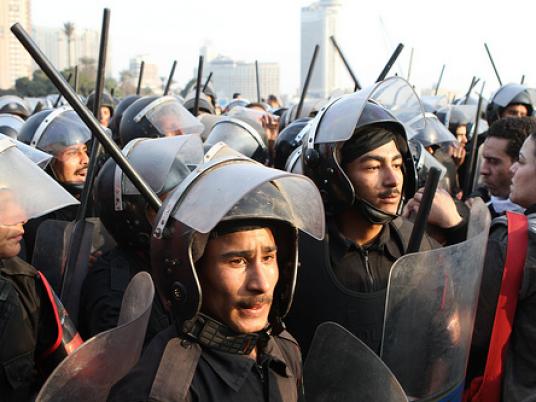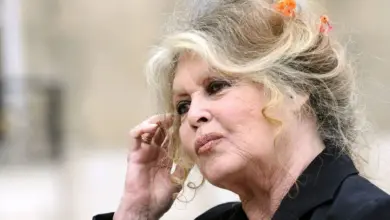
The United States questioned Egypt's account of the deaths of dozens of Islamist detainees and called the incident "suspicious."
Six weeks after the armed forces toppled President Mohamed Mursi and about a week after hundreds died when security forces broke up protests by his Muslim Brotherhood, the United States said on Monday it was still reviewing whether to freeze any of the $1.55 billion it gives Egypt in mainly military annual aid.
The United States has been a close ally of Egypt, the biggest nation in the Arab world, since it made peace with Israel in 1979.
The killing of 25 Egyptian policemen in the Sinai near the desert border with Israel on Monday was blamed by the new, military-installed government on Islamist militants. State television carried emotional demands for retribution against the Muslim Brotherhood.
The policemen were on their way to their barracks in Rafah when militants attacked them with machine-guns and rocket-propelled grenades, according to security sources. Egyptian state television reported that the presidency announced three days of mourning for the "martyrs of Rafah."
Mounting insecurity in the Sinai worries Egypt and the United States because the desert peninsula lies next to Israel and the Palestinians' Hamas-ruled Gaza Strip, as well as the Suez Canal, one of the world's most important shipping arteries.
Deeply Troubled
The United States voiced concern about the deaths on Sunday of 37 men who authorities said were suffocated by tear gas during a bid to flee custody.
"We are … deeply troubled by the suspicious deaths of Muslim Brotherhood prisoners in a purported prison escape attempt near Cairo," State Department spokeswoman Jen Psaki told reporters in Washington.
Having initially defended police action, Egypt later said that two officers had been arrested over the incident.
Egypt's second largest Islamic party, Nour, called in a statement for a presidential decree to create an independent fact-finding committee into the deaths of the 37 men and blamed the interior ministry for the incident.
Almost 900 people, including more than 100 soldiers and police, have been killed since the authorities forcibly dispersed Muslim Brotherhood sit-ins in Cairo on Wednesday.
The United States also urged Egypt not to ban the 85-year-old Muslim Brotherhood, a movement that has long renounced violence and distanced itself from militant groups.
U.N. Secretary-General Ban Ki-moon called on Egypt to free Mursi, who faced mass street protests as he marked a first year in office on June 30 – or at least ensure a transparent process.
Ban also said "the political space for the Muslim Brotherhood should be expanded, because their political space has been very limited."
"With such sharp polarization in Egyptian society, both the authorities and the political leaders share the responsibility for ending the current violence. They should spare no effort to swiftly adopt a credible plan to contain the violence and revive the political process," Ban told a U.N. news conference.
Mubarak, who ruled for 30 years and has appeared in court on a hospital gurney behind the iron bars of a cage, may have no political future – but his possible release could stir emotions.
Arrested in April 2011 as talk of democracy swept from Tunis and Cairo across the Arab world, the former president was convicted of complicity in the murder of protesters. But in January, the highest court ordered a retrial. That continues.
Egyptian security forces killed the bureau chief of a provincial office of state newspaper Al-Ahram on Monday after opening fire on a car they thought had tried to escape from a checkpoint enforcing a dusk-to-dawn curfew, the army said in a statement.
European Union foreign ministers will hold an emergency meeting in Brussels on Wednesday to discuss how to force Egypt's army-backed government into seeking a peaceful compromise.
Options likely to be discussed include cutbacks in Europe's 5-billion euro ($6.7 billion) package of grants and loans promised last year, as well as a possible arms embargo against Egypt, said EU envoy Bernardino Leon.
Saudi Arabia pledged to fill any financial gaps left by Western countries. Israel, fearful of unrest, is also prodding the West to stick by Egypt's army.




